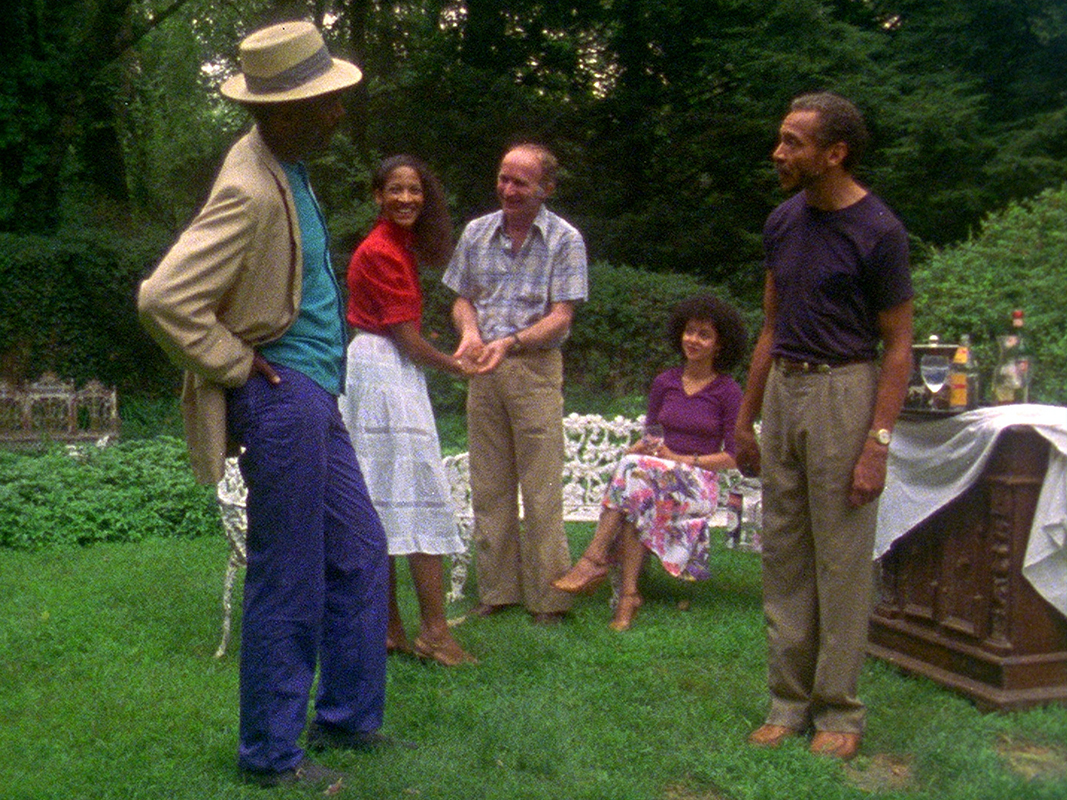Losing Ground

Losing Ground
Characterized by Kathleen Collins (1942-1988) as a comic drama about a young woman who takes herself too seriously, Losing Ground was one of the first feature films by an independent African-American woman filmmaker. Her protagonist (played by longtime collaborator Seret Scott in a role based on Collins’s own experiences) is a professor of philosophy who tries to examine “ecstasy” from a purely rational perspective, while her artist-husband (Bill Gunn) finds it more interesting to pursue ecstasy. A rare breed, Sara is immersed in the philosophy of Western civilization, but ironically the limitations of her life are illuminated by her involvement in black folk culture. She “becomes” Frankie in a student film (within the film) based on the folk song Frankie and Johnny. Highly influenced by the work of Eric Rohmer, whom she described as “the only person who’s ever influenced me cinematically”, Losing Ground is a witty, perceptive study of the emotional awakening of a woman in a troubled marriage. At its release, the film was met with cold indifference from producers, distributors and critics, as it didn’t feature poverty, gangs, or as cinematographer Ronald K. Gray put it, “poor suffering black folk.” Rediscovered, restored, and finally released to much acclaim in 2015, Losing Ground now “feels like news, like a bulletin from a vital and as-yet-unexplored dimension of reality” (A. O. Scott, The New York Times).
“Essentially it’s that change is a rather volatile process in the human psyche; and, that real change usually requires some release of fantasy energy. This is why it has an element of violence... This is less a feminist statement than it is a statement that any kind of real change or disruption involves some kind of change in the psyche; some kind of fantasy or imagine release before one can actually initiate the change.” — Kathleen Collins
“Sometimes creative and artistic individuals provide the world with artifacts that may exceed the limited cultural and political aims of a particular moment. But if she and her art are really good, though we are not quite ready, they will wait for us to catch up and discover their beauty, truth, and meaning: Even if it means doing so from the afterlife. Such is the case with Kathleen Collins and the films she left us with.” — LaMonda Horton-Stallings